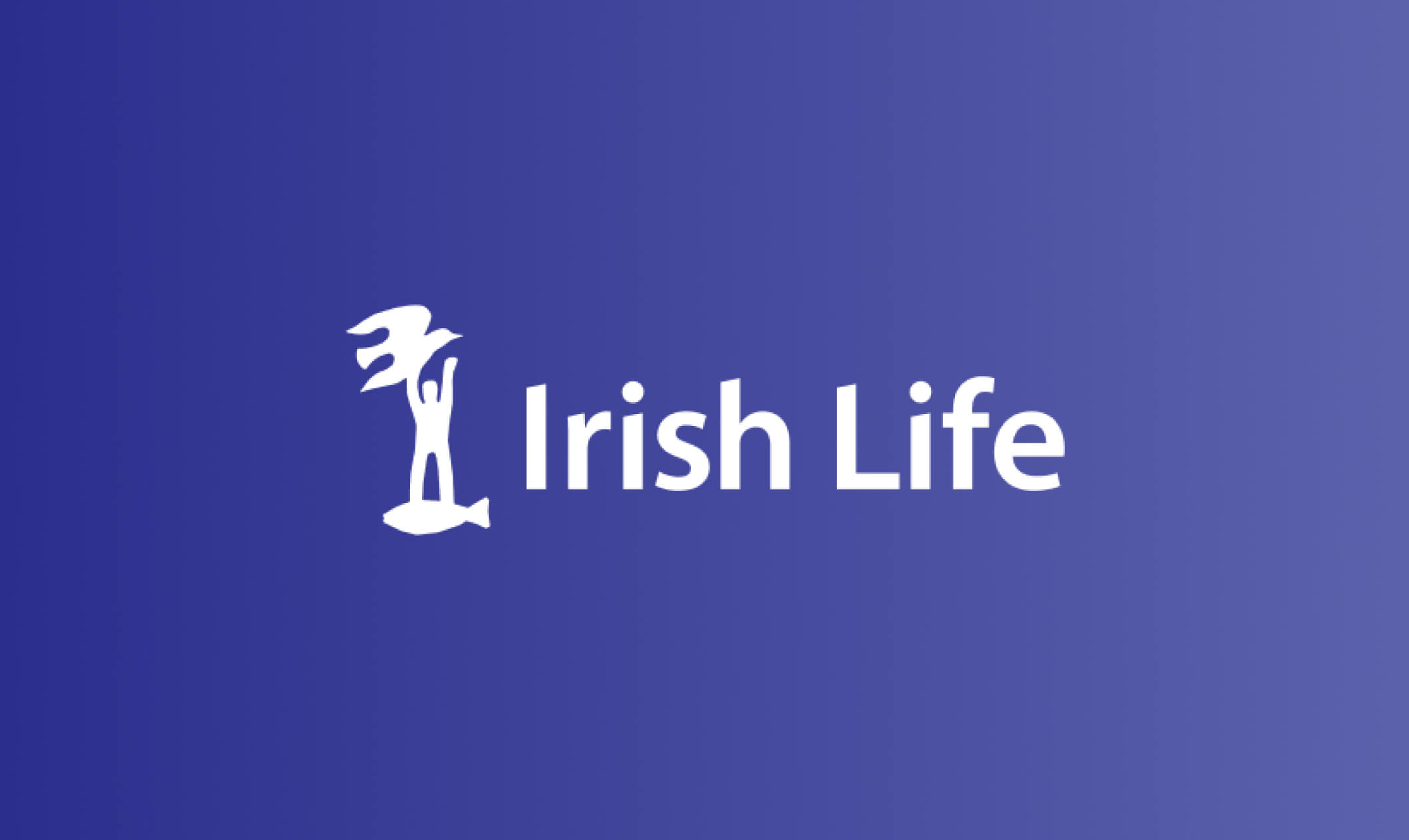If you're ready to use the power of AVCs to work towards your financial future, we can help. Book an appointment virtually or in-person at a time to suit you.
Discover AVCs

by Irish Life Financial Services
Written by Irish Life staff
Guides • 24 June 2025 • 4 min read

You will learn:
What Additional Voluntary Contributions (AVCs) are.
How you can use AVCs to work towards a better retirement.
All about the best tax saving incentive in Ireland.
What is an AVC?
AVC stands for Additional Voluntary Contribution, and refers to any extra money you contribute to your normal pension scheme.
For example, if you have a pension with your employer where they will contribute 5% if you contribute 10%, anything over and above your 10% contribution would be an AVC. Like the rest of your pension, it’s a form of investment for retirement.
One easy way to see how AVCs can increase your income in retirement is with our pension calculator.

Your AVCs are up to you.
How do AVCs work?
Anyone in a company pension scheme (public or private) can make AVCs to their occupational pension. You can do this in one of two ways:
- As a regular contribution: you can arrange to increase your contributions with your pension provider so that an additional amount is taken from your salary.
- As a lump sum: at any time you have extra cash and want to make a pension contribution, you can arrange this with your pension provider.
Either way, you can decide how much or how little to contribute – but you should remember that if you are eligible for income tax relief (see below) then this should help inform your decision.
AVCs and income tax relief
The income tax relief on pension contributions can be significant for eligible workers, and it's no different when it comes to AVCs.
Just like regular pension contributions, you could qualify for income tax relief at your marginal tax rate when you make these extra contributions.
How income tax relief on pensions and AVCs works
If you are eligible for income tax relief on pension contributions, this relief is applied at your marginal tax rate. If you earn enough to put you in the highest tax bracket (€42,000 per year as of 2025) then all of your pension contribution receives income tax relief at that rate.
In other words:
- If you're a 20% taxpayer then every €100 that is eligible for tax relief costs you just €80.
- If you're a 40% taxpayer then every €100 that is eligible for tax relief costs you just €60.
Revenue sets a maximum amount that you can contribute from your taxable earnings which is based on your age (see below). The maximum amount of earnings that can be used for income tax relief purposes is €115,000.
| Age | Maximum % of taxable earnings allowed for income tax relief |
| Under 30 | 15% |
| 30-39 | 20% |
| 40-49 | 25% |
| 50-54 | 30% |
| 55-59 | 35% |
| Over 60 | 40% |
This means if you are aged 35, you can contribute 20% of your salary into your pension and get the tax benefit. However, you get further tax benefits as you grow older. If you are 60 years or over, you could contribute 40% of your salary tax free.
Who is eligible for income tax relief on AVCs?
If a person doesn’t pay income tax, they do not qualify for income tax relief. To be eligible to claim income tax relief, your income must be taxable at either Schedule E or Schedule D (case I or II).

Eligible workers can claim significant income tax relief on pension contributions - including AVCs.

The tax savings on pension contributions and growth can be significant.
Taxation in retirement
While your eligible contributions and any growth on your pension is tax free, pension benefits paid in retirement are treated like all other income.
That means they are subject to income tax, Universal Social Charge (USC) and Pay Related Social Insurance (PRSI), if applicable. When you retire you can usually take a retirement lump sum, some or all of which may be tax free.
AVCs: people also ask
AVCs are well worth considering because of the income tax relief involved, as well as the potential to significantly boost your retirement income.
If you want to maximise your pension pot but aren’t sure where to start, set up a complimentary chat with an expert Irish Life advisor to see where you stand.
In the meantime, we've put together a few FAQs about AVCs and pension contributions.
Are AVCs a good investment?
While tax advantages are the primary benefit of AVCs, it’s important to talk to a financial advisor to find the right investment for your individual circumstances.
As with all forms of investments, there are risks involved and you may lose some of or all the money you invest. It’s also important to remember the value of your investment may go down as well as up.
Can I change my AVC contributions?
Yes, they’re very flexible - you can change how much you contribute at any time. Generally, you can discuss with your payroll department to increase or lower the amount.
Are there any charges?
Certain charges can apply to AVCs including fund management charges (which apply to standard contributions) and/or a contribution charge. It’s important to research these charges in advance.
When is a good time to consider AVCs?
The best time to start is as early as possible because the sooner you start, the more money you can build up and benefit from the tax advantages. That said, you can start at any time.
Can I cash in my AVCs?
You can access your AVCs with the rest of your pension when you retire.
What to read next
You may also like
Free consultation
Ready to get your AVCs sorted?
What happens in your appointment?

Get an evaluation of your finances

Get answers to your questions

Get a free personalised plan

Get the right recommendations
“Use 60 mins to invest in your life, it’s time well spent on your future.”

- Linda Moran
Financial Advisor Irish Life
Irish Life Financial Services Limited, trading as Irish Life, is regulated by the Central Bank of Ireland. Irish Life Financial Services is an insurance intermediary tied to Irish Life Assurance for life and pensions.